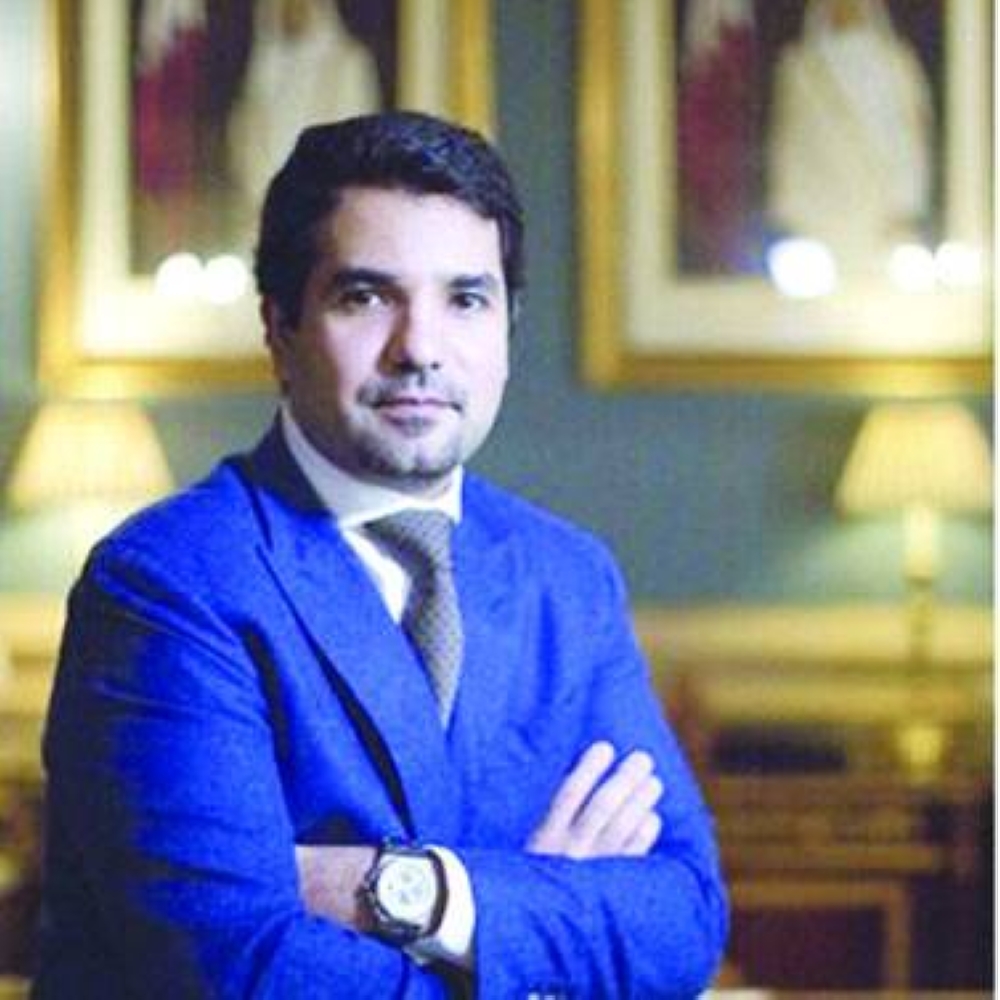US President Donald Trump’s visit to Qatar is a major step toward further strengthening the Qatar- US relations, said HE Sheikh Meshal bin Hamad al- Thani, Ambassador of Qatar to the United States.
When asked in an interview about the significance of President Trump’s visit to Qatar for US-Qatar relations, HE Sheikh Meshal said that the visit was a testament to the pivotal role that the State of Qatar has played- and continues to play- in promoting peace and prosperity throughout the region.
HE Sheikh Meshal said his country has emerged as an indispensable partner of the United States in promoting peace and stability across the Middle East, underscoring the significance of President Trump’s upcoming visit to Qatar.
The ambassador described the visit as a major milestone in bilateral relations, reflecting deep mutual trust and a growing strategic alignment between the two nations on key regional and global issues.
What were the main outcomes of President Trump’s meetings with Qatari leaders?
The meeting between His Highness the Amir and President Donald Trump was an important occasion to exchange views on a range of pressing regional and international issues of mutual interest. The two leaders discussed the situation in Palestine, the Iranian nuclear talks, and developments in Syria, Lebanon, and Yemen. They also addressed energy security and strategies to safeguard and preserve the stability and security in the Gulf region and the broader Middle East. This visit offered a unique opportunity for the leaders of both nations to explore pathways toward ending the ongoing conflict in the Gaza Strip, supporting reconstruction efforts, and giving a new lease of life to the peace process in line with international legitimacy and the two-state solution— thus ensuring the Palestinian people’s right to establish an independent state along the borders of June 4, 1967.
What are the key pillars of the current US-Qatar partnership?
Our bilateral relations are multidimensional. They span diplomacy, trade, investments, security and military, education, culture, and people to people relations. Our two countries are reaping the fruits of an enduring relationship whose seeds were planed five decades ago.
Since the signing of our first security agreement in June 1992, our commitment to further strengthening our bilateral relations has become one of the main tenets of our foreign policy. The alignment of our shared goals has led Qatari and US positions to align on a host of regional and global issues. Whether in Syria, Lebanon, Iraq, Libya, Yemen, Sudan, or Afghanistan, we have worked hand in hand to ensure that the crises unfolding in these countries do not spiral out of control and can be resolved through peaceful means. The relations between the two countries were elevated to another dimension with the inauguration of the Qatar-US strategic dialogue in January 2018. Ever since, the dialogue has been held on a yearly basis.
How do you see the future of political and diplomatic ties between Qatar and the US?
The prospects of Qatar-US ties are more promising than ever. That the State of Qatar is among the countries visited by President Donald Trump during his regional tour carries considerable political significance. Thanks to the proactive diplomacy that our country has adopted over the past decade, as well as the convergence of interests between the State of Qatar and the United States, I can say with confidence that our relations have reached an advanced level of maturity. Today, the U.S. political elite increasingly views Qatar as one of the region’s indispensable partners for ensuring Middle East stability.
The fact that successive US administrations have systematically sought Qatar’s mediation in a wide range of regional conflicts speaks to the high level of trust Washington places in our country’s ability to act as credible and effective mediator. I firmly believe that the outcome of President Trump’s visit to Doha will mark a new milestone and bring the Qatar-US relations to even greater heights.
What are the main opportunities for strengthening economic cooperation between both countries?
The state of Qatar and the United States enjoy a strong economic alliance anchored in a strategic partnership valued at over $185 billion. The United States stands among Qatar’s most important economic partners, ranking as the country’s sixth-largest trading partner.
Both nations are working closely to deepen their economic relationship, expand bilateral trade, and increase investment flows. Qatar and the United States also collaborate on strategic projects in key sectors such as logistics, infrastructure, technology, energy, and real estate. Both countries are committed to supporting the state of Qatar’s transition to a knowledge-based economy by facilitating the exchange of expertise and best practices in areas such as technology, education, and workforce development. The state of Qatar has also signed a series of memoranda of understanding with various U.S. public and private sector entities to broaden cooperation across a wide range of industries.
How will Qatar continue to engage with the US on global issues like security, energy, and sustainability?
Though the Qatar and the US bilateral ties have long been strong, they lacked an institutional framework capable of allowing the two countries to deepen their cooperation in a structured and sustainable way. The situation has changed, however, with the launch of the Strategic Dialogue in 2018. Communication and engagement between the two capitals have become more consistent and frequent, with their senior officials meeting regularly.
The Strategic Dialogue has provided a valuable platform to reaffirm both countries’ commitment to strengthening ties of cooperation and mutual trust, and to advancing their partnership to the highest levels.
These annual meetings offer a structured platform to explore all avenues to enhance cooperation across a wide range of sectors, including trade, knowledge exchange, security, defense, technical collaboration, climate change, energy security, and investment promotion.
The shared commitment to holding the Strategic Dialogue on a regular and consistent basis reflects the two countries’ determination to institutionalize the bilateral relationship and to ensure its long- term continuity.

HE Sheikh Meshal bin Hamad al- Thani, Ambassador of Qatar to the United States.
